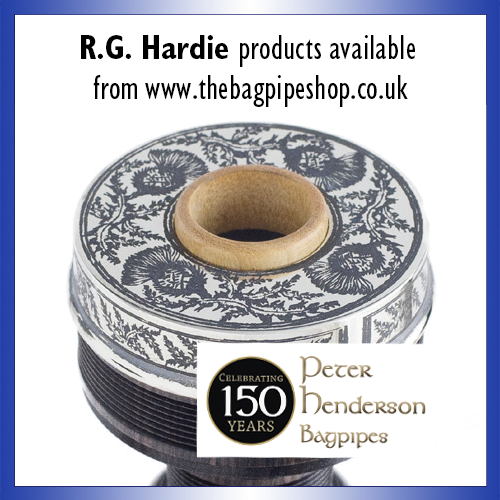The literature of the Highland bagpipe
The works of Angus MacKay (Raasay) – Part 1
(Introduction)
By Captain John A. MacLellan

Angus Mackay of Raasay has been described by the late Archibald Campbell of Kilberry as one of the two most important pipers in 19th century piping. I would go further and say he was the most important piper. The magnitude of his industry had it not occurred would have left a gap which would have been well nigh impossible to fill.
To fully appreciate his genius it will be necessary to devote some space in this article to his father, John MacKay, who was in so many ways the fount on which Angus heavily relied.

John MacKay was born in Raasay about 1767 which is the date usually recorded as being his year of birth. His parents died when he was but a lad and John was employed as a herd boy by Captain Malcolm MacLeod of Eyre, Raasay, who was a good piper and said to have some talent as a composer. He taught John MacKay initially and no doubt arranged the advanced tuition John had from lan Dùbh MacCrimmon and the MacKays of Gairloch, to which family it is believed he was related.
When John MacKay was 25 in 1792 so proficient was he as a player that he was placed first in the Highland Society of London’s competition at Edinburgh. By 1823 when he went from Raasay to Drummond Castle, Crieff, to be piper to Lord Willoughby d’Eresby he was undoubtedly the most important piper in Scotland. With him rested the repertory of ceòl mòr as taught in the MacCrimmon tradition, he was an expert piper much sought after as a tutor. He lived until 1848 when aged 81 he died at Kyleakin in the Isle of Skye, his native country, to which he retired some 13 years earlier.
John MacKay had nine children, four of them boys, all first class players. His third son, Angus, was born in Raasay on September 10, 1813. The first we know of Angus was that when aged 12 in 1825 he was awarded the sum of 5/-d. by the Highland Society of London for writing bagpipe music in Staff notation. He also competed in the ceòl mòr competition but did not figure in the prize list. The following year, playing Macintosh’s Lament he gained fourth prize. Thus, at such a tender age Angus was well on the way to being admirably equipped with the necessary skills to become the complete expert of the piper’s art. There has been considerable speculation as to the manner in which Angus MacKay gained his skills of music writing. There are two sources that are likely means of his tuition. The first is from Lady Doyle who as Miss E. J. Ross was the niece by marriage of the sister of James MacLeod of Raasay, to whom John MacKay was personal piper. She was very fond of Piobaireachd and noted for the pianoforte a number of pieces from the playing of John MacKay with whom she was a great favourite.
Angus was aged 10 years when he left Raasay with his father to go to Drummond Castle and could quite easily have been taught the basic rudiments of music at that age. In addition while at Drummond Castle, it is quite probably that any tutors to the family of Lord d’Eresby could be of assistance to the talented young lad.
According to the inscription of the ‘Seaforth Manuscript’ written by Angus in 1854 he “copied the contents from the original mss as noted down by him from the canntaireachd of John MacKay his father from the year 1826 to 1840.”
Thus we see that he began his work of recording in Staff notation the repertoire of his father when only aged 13 years.
Angus MacKay’s manuscripts comprise:

In addition to these manuscripts, he had published the following works:

There is nothing recorded which indicates his employment or his places of residences from 1826 (when he was awarded fouth prize) until 1837 when he became piper to Campbell of Islay, aged 24 years.

In 1843 he was chosen by Queen Victoria as her piper, beginning a custom which is still in being. She was the first Sovereign in relatively modern times to have a personal piper.
Angus MacKay died in 1859, when he was accidentally drowned in the River Nith at Dumfries on March 29.
Here, then, is the introduction to the Works of Angus MacKay, that piping genius who devoted his lifetime to the Highland bagpipe and its music.
* From the January 1980 International Piper.


